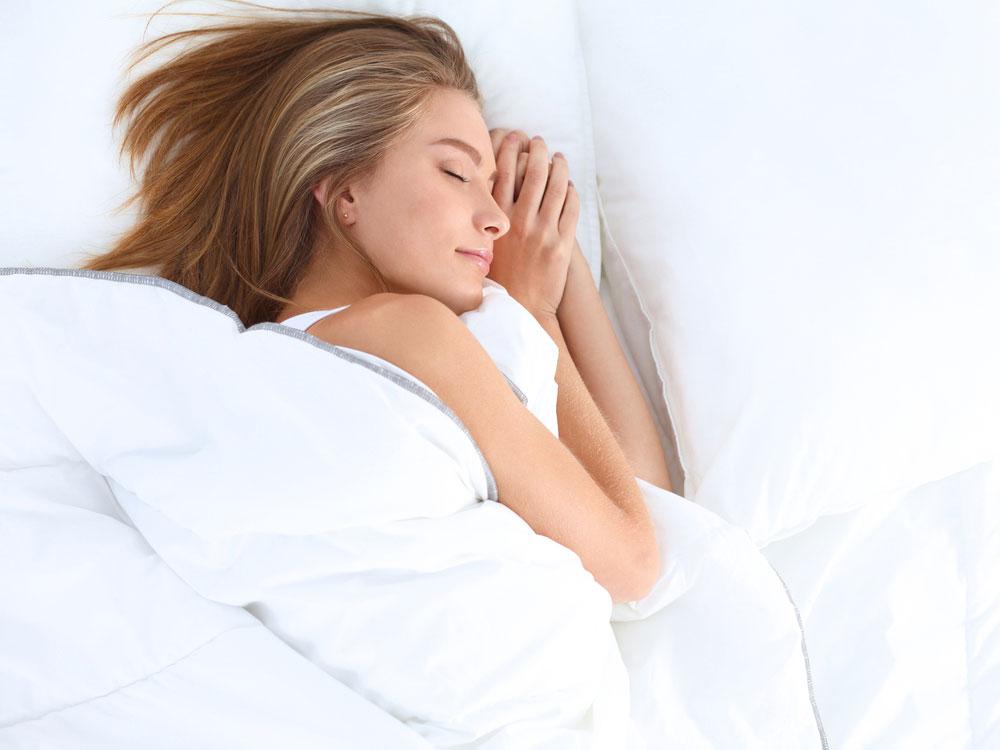It is easy to underestimate the importance of a good night’s sleep – when it is just as essential as a healthy diet and regular exercise. In fact, research has shown repeatedly that poor sleep habits have an adverse effect on your brain functions, exercise performance, and hormones. The contrast with good sleep habits is that you get to exercise better, eat less, and live a healthier lifestyle.
The bad news is that people are suffering from the effects of poor sleep quality, and they do not know how to correct that. Even if you get the best mattress from the best mattress firm, you will not get the sleep you want if your sleep habits are poor. However, we aim to give you some useful tips you can use in order to achieve better sleep and healthier life.
- Increase your exposure to bright light during the day
The process of sleep and your body goes into rest mode is fascinating; and it is all governed by your body clock, also known as the circadian rhythm. This clock basically affects all your hormones, body, and brain, and it controls the time when your body begins to shut down for sleep and when it begins to wake up.
Exposing yourself to bright light or sunlight during daylight hours assists your circadian rhythm to remain in a healthy state. This will ultimately boost your daytime energy, as well as your nighttime sleep. In individuals that struggle with insomnia, studies have shown that exposing them to bright light during the day helped to enhance their sleep duration and quality, as well as reducing the time it takes them to fall asleep by about 83%.
If sunlight is unavailable (for instance, during winter months), then you can invest in bright artificial light bulbs or devices.
- Reduce your bright light exposure in the evening
It is beneficial to get plenty of light exposure during daytime hours, but nighttime exposure has the opposite effect – so you should aim to get less exposure.
Light has an interesting effect on the circadian rhythm – it tricks the brain into thinking it is still daytime, and the brain will reduce the production of melatonin, the hormone that is necessary to promote relaxation and sleep.
Electronic devices are the worst offenders because they emit blue light (which stimulates less melatonin production). However, there are some methods you can use to reduce your exposure to blue light, which are:
- Wearing glasses that are specially formulated to block blue light
- Downloading apps that block blue light on your computer or laptop at certain hours, such as f.lux
- Installing an app that can block blue light on your smartphone
- Stopping watching TV, as well as switching bright lights off at least 2 hours before bedtime
- Avoid consumption of caffeine late in the day
There are numerous benefits that caffeine has, and we are not stating that you should avoid it entirely. After all, a single cup of coffee can improve work and sports performance, as well as boost your concentration levels at work.
However, this is detrimental if you consume it late in the day because caffeine will prevent your body from relaxing properly at night. A recent study, for instance, showed that consumption of caffeine at 6 hours or less before bed made sleep quality worse.
Caffeine remains in the body for 6 to 8 hours, so it is not good to drink large amounts after 4 p.m. if you intend to sleep at 10 p.m., for instance. This is particularly so if you have trouble sleeping or are sensitive to caffeine. If you cannot deal with not drinking it, then stick with decaffeinated coffee.
- Reduce the long daytime naps
Naps are good, as long as they are short. Irregular or long naps, on the other hand, will affect your sleep negatively. This is because they will confuse the internal clock, and lead you to struggle to get sleep at night, then trying to stay awake during the day.
With that said, you can take daytime naps if they do not affect the quality of your sleep, as their effects will also depend on the individual.
- Final thoughts
As long as living a healthier lifestyle is a priority for you, you need to take proper sleep an essential part of that. These tips and many more will hopefully help you to achieve that goal.













No Comments